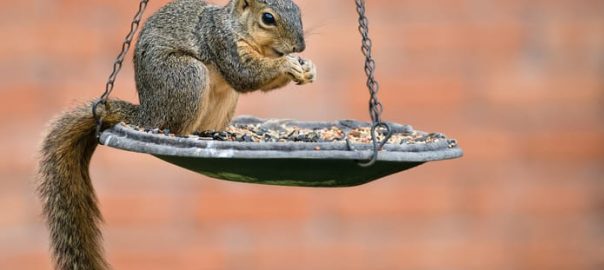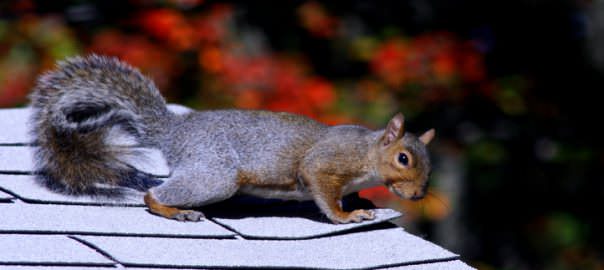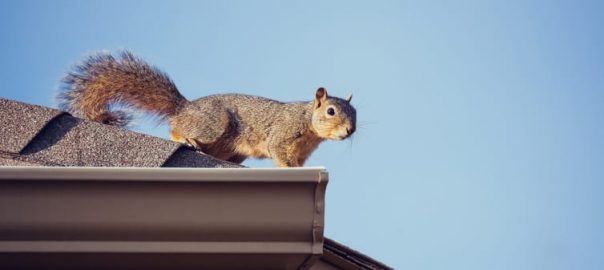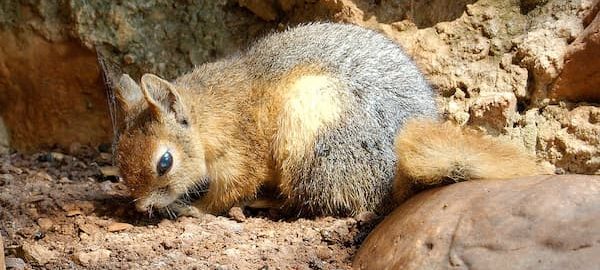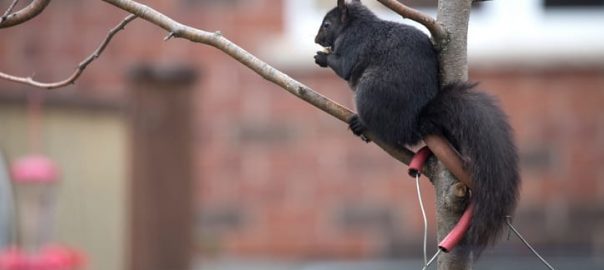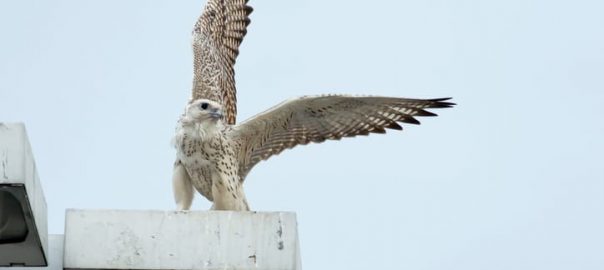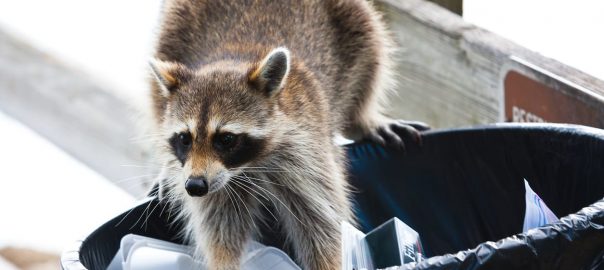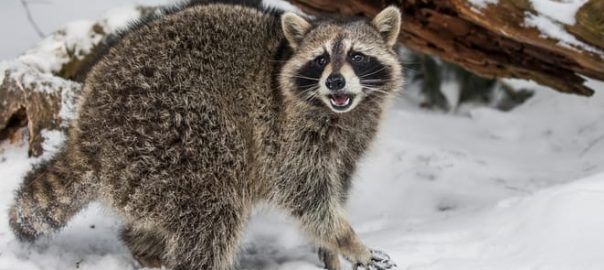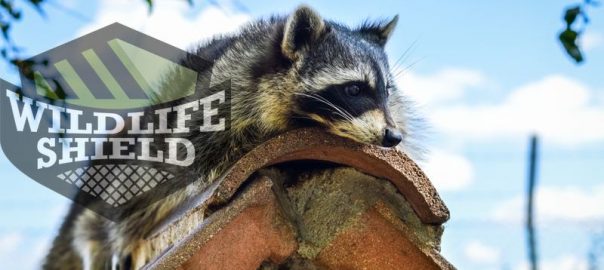How to Seal Off My Attic So Squirrels Can’t Access It
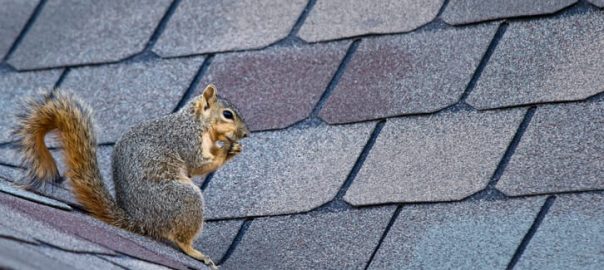
Pitter-patter, pitter-patter, pitter-patter. That sound is not a welcoming one to homeowners with attics. If you hear that sound above your head, it means you have an invader in your home, which is most likely a squirrel. Squirrels commonly invade attics because it provides them with a cozy, comfy shelter.
What harm could a cute, innocent squirrel do in your attic? It is just looking to hide out and stay comfortable, right? Wrong. A squirrel can create tremendous damage in your attic. They can tear up insulation, leave feces and urine everywhere, chew through sheetrock, and damage cables and wiring. Learning how to keep squirrels out of your attic can help, though or call us if you need squirrel removal services: 647-560-3988
